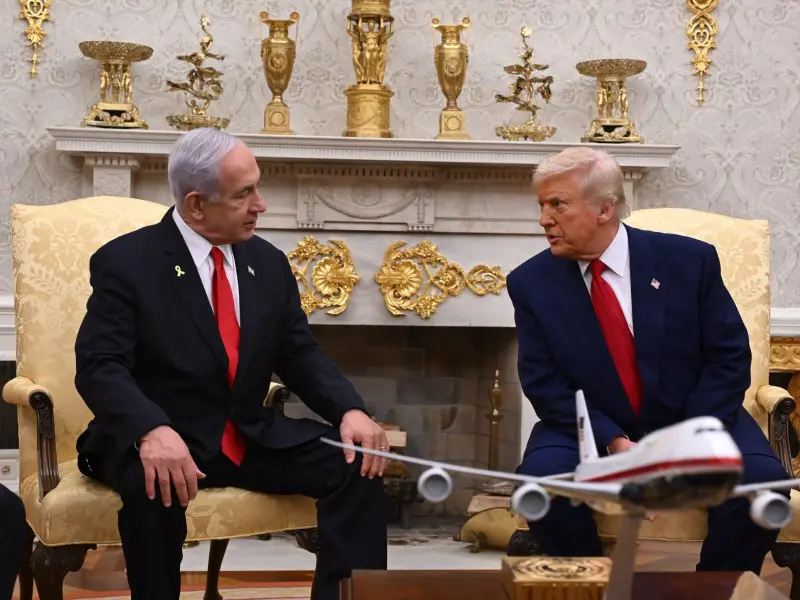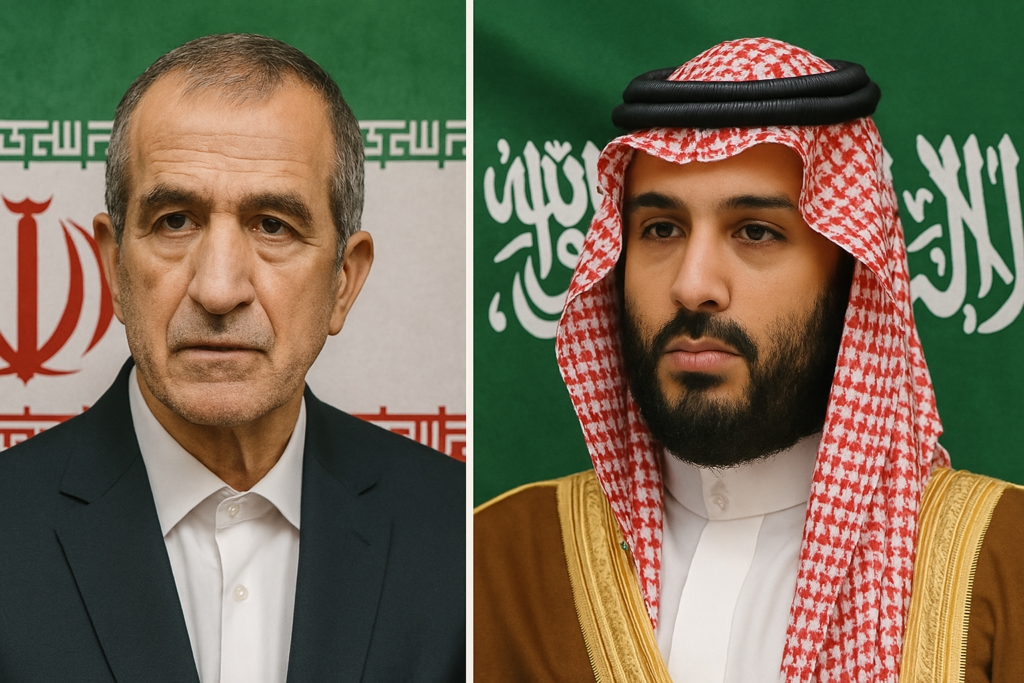Israel has announced a new phase of operations in the Gaza Strip. Following Hamas’s continued refusal to release the remaining Israeli hostages, Defense Minister Yoav Gallant declared that the Israel Defense Forces (IDF) will clear southern Gaza of terrorist infrastructure and seize additional territory to be incorporated into permanent security zones.
The announcement signals a strategic escalation in the Iron Swords War, with the IDF shifting from reactive defense to proactive territorial control.
“Israel will expand its hold over key areas in Gaza,” Gallant said in a statement Wednesday. “Every site harboring terrorists, tunnels, weapons caches, or those enabling the captivity of our people will be systematically eliminated and secured.”
New Security Zones Established
Israeli forces are reportedly moving to establish a wide buffer corridor stretching across southern Gaza. This follows the construction of the “Netzarim Corridor” in central Gaza earlier in the war, which allowed Israeli forces to bisect the strip and isolate Hamas cells.
Now, a new corridor—dubbed the “Morag Security Zone”—is being carved through areas previously held by Hamas near Khan Younis and Rafah. This zone will allow Israel to tighten its control over southern Gaza, cut off Hamas’ smuggling routes, and apply military and psychological pressure on the terrorist group to release the 59 hostages still held in captivity.
Response to Hamas’ Rejection of Diplomacy
The operation follows weeks of failed negotiations. Hamas, which dragged out previous hostage deals while making excessive demands and violating agreements, is now believed to be stalling to regroup militarily. Israeli intelligence indicates that some hostages have been moved or hidden by civilian families in Gaza—underscoring the blurred lines between Hamas operatives and the broader population.
Prime Minister Benjamin Netanyahu confirmed that Israel will no longer tolerate these delays.
“We gave diplomacy a chance. Hamas refused. Now we will increase our military pressure until they break,” Netanyahu said. “We will continue until every hostage is home and every terrorist is gone.”
International Reaction and Strategic Clarity
While some international voices continue to push for a ceasefire, Israeli officials are making it clear: the expansion of security zones is not temporary. This is part of a long-term effort to ensure that the Gaza Strip is never again used as a launching pad for terror.
The IDF’s current objectives include:
- Eliminating all Hamas military infrastructure.
- Establishing permanent Israeli military control over critical zones in Gaza.
- Ensuring that post-war Gaza is demilitarized and cannot threaten Israeli citizens again.
Israel’s move is also seen as a message to Iran and its regional proxies—including Hezbollah in Lebanon and the Houthis in Yemen—that Israel will dictate the terms of its security, regardless of international pressure.
A Necessary Step in a Just War
The war that began on October 7, 2023, when over 6,000 Gaza-based terrorists massacred more than 1,100 Israelis, continues to reshape the region. With the global community largely silent on the plight of Israeli hostages and Hamas’ ongoing atrocities, Israel is taking matters into its own hands.
By securing new territory in Gaza, Israel is not “occupying” land—it is liberating it from a genocidal terrorist regime and establishing the conditions for a future in which Hamas cannot threaten Israeli lives again.




